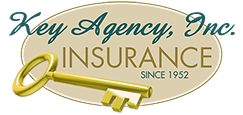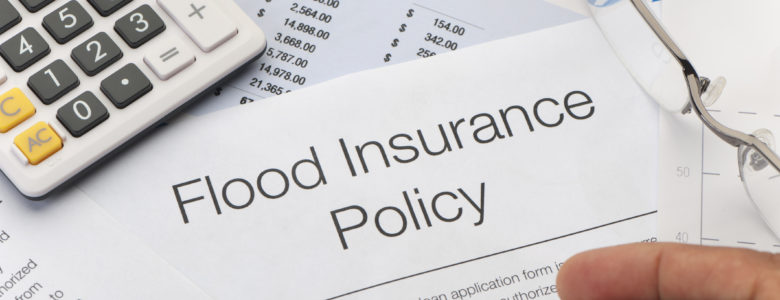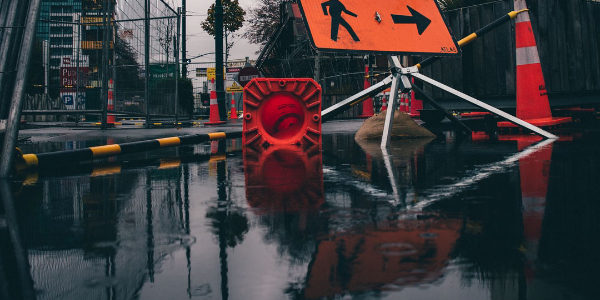Making sure that you have adequate home insurance coverage starts with connecting to an agent that will understand your needs. Of course, you have to take a proactive approach to ensure you get the home insurance coverage that you need.
The right home insurance company will offer comprehensive homeowners insurance including flood insurance. It is up to you to make sure that you choose the right company and share all the information that needs to be shared.
What Type of Home Insurance Do You Need?
About 85% of homeowners are insured for their homes, however, a large portion of homeowners are not aware that they can customize their plans to ensure that they have the comprehensive coverage that they can count on. The first step in getting the policy that will give you the coverage that you need is knowing that you have options.
Unlike auto insurance that often comes with set limits, home insurance can be more flexible with those limits. For example, let’s say you and your neighbor have the same exact home, but you have made improvements to your property, they have not. That means that their homeowner’s policy will have different limits and different coverages than you do.
Disclose These Things
Many homeowners have found out the hard way that it is always best to let your agent know about any changes to your property. Ensuring that you have the best home insurance Englewood FL has to offer means giving the insurance company the information that they need to help provide the coverage that is customized to your needs.
It is important when you are securing your plan or to make changes to your current plan that you speak to an agent and you discuss any changes that you have made to your home including:
- Any upgrades. If you added anything new to your property like fencing, a pool, or made other improvements that have increased your property value, disclose that information to your agent. You want to be sure that everything is covered just in case of a covered incident like a fire.
- Any new structures. If you have added a new storage building, added an addition, or added any other types of structures, let your agent know.
- Any pre-existing damages.
Getting the right insurance in place will deliver the peace of mind that you need, and help to protect your investment. Connect with the right home insurance company and rest easy knowing you are covered.









